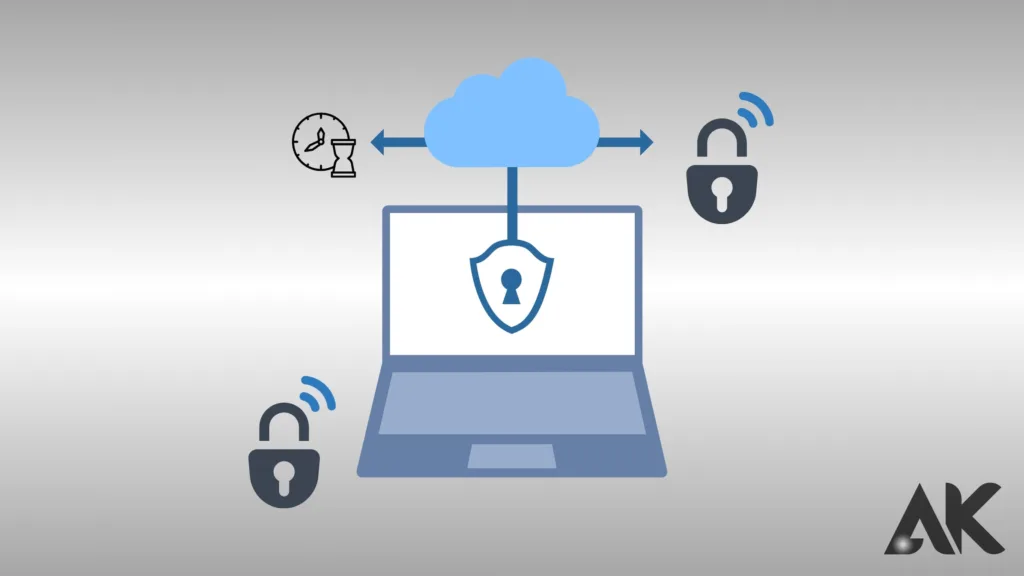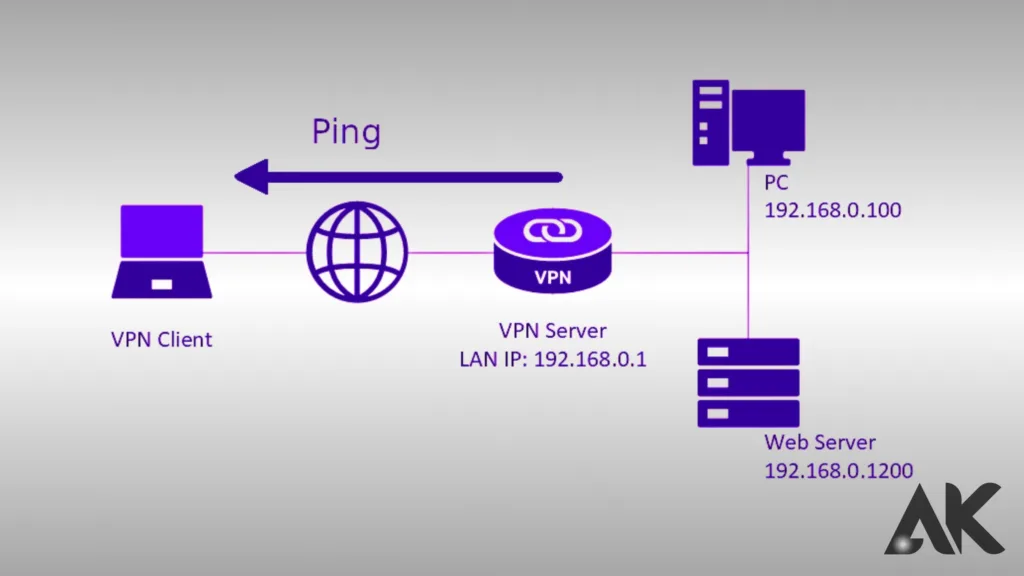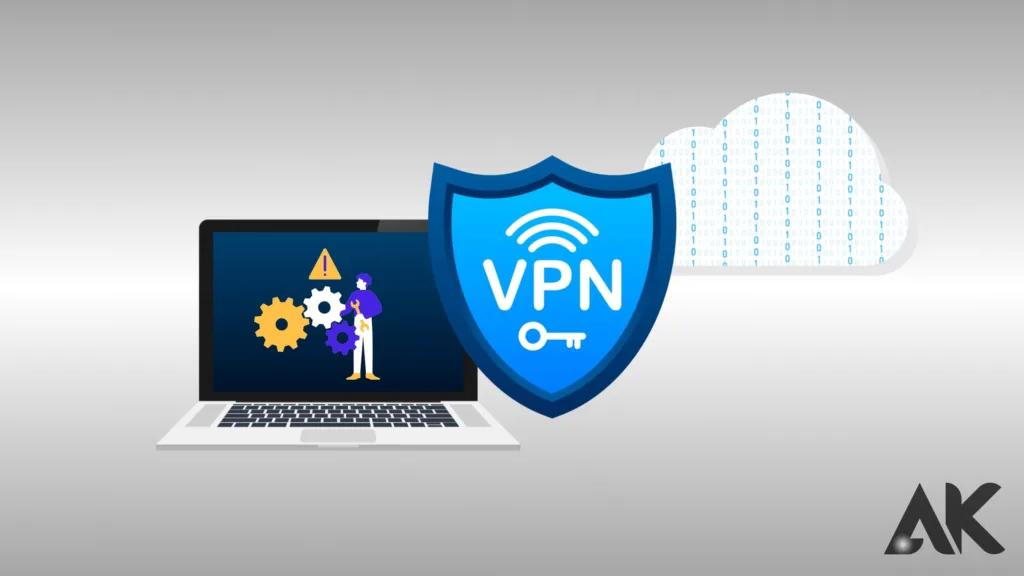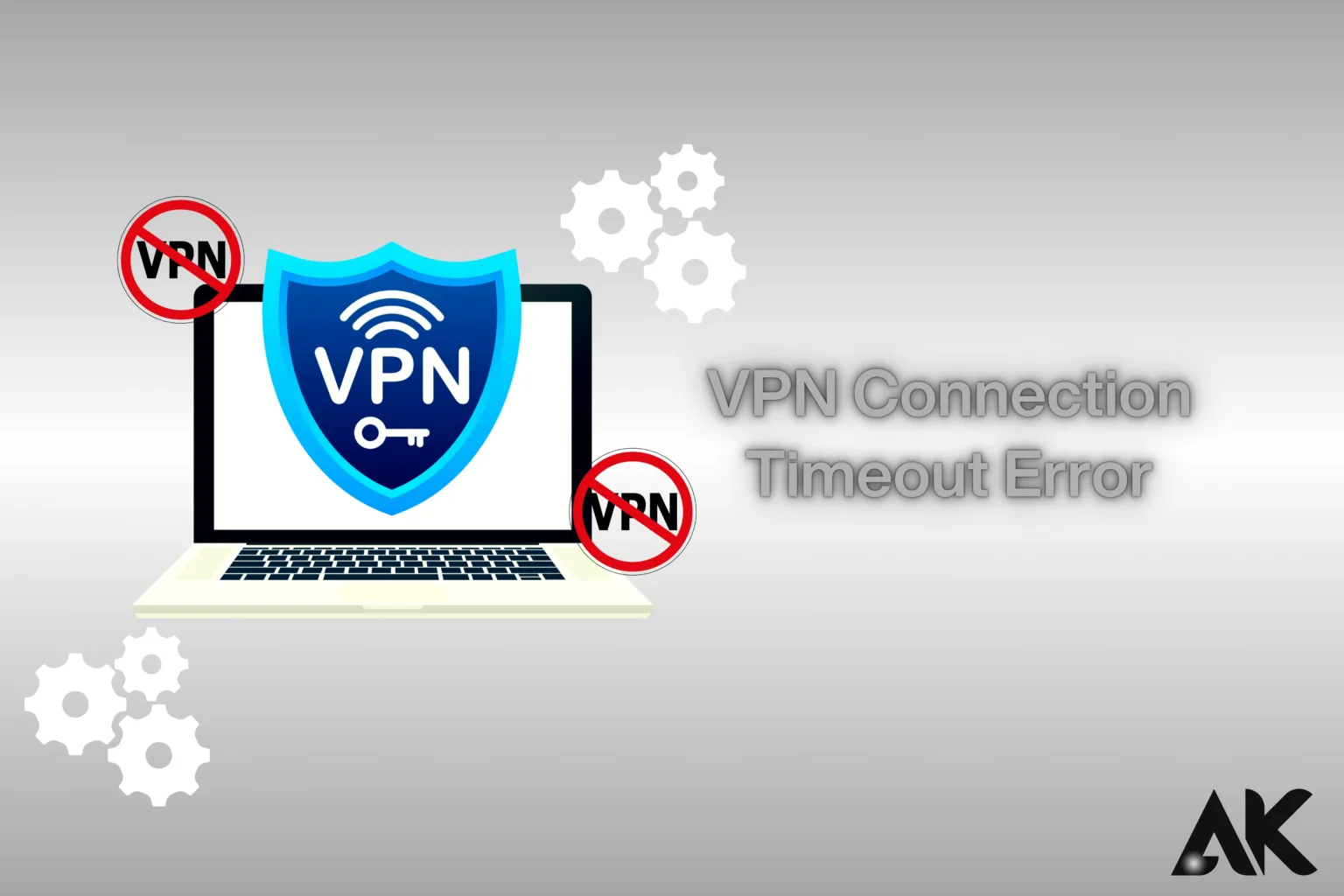A VPN connection timeout error can turn your smooth online experience into a frustrating ordeal. Imagine you’re just about to access your favorite content or secure your data, and boom – the connection doesn’t go through! This common hiccup happens when your VPN struggles to establish a stable link between your device and the server.
But why does it occur? It could be network issues, server overloads, or outdated settings. The VPN connection timeout error isn’t just annoying—it can disrupt work, streaming, or even simple browsing. Don’t worry, though! With a few tweaks, you can often resolve it in no time. Let’s dive deeper into what causes this pesky error and how to fix it.
Understanding VPN Connection Timeouts: What Happens Under the Hood?

A VPN connection timeout error occurs when your device fails to establish a connection with the VPN server within a set timeframe. This issue often stems from various factors such as network congestion, server overload, misconfigured settings, or interference from firewalls and antivirus programs.
When the VPN cannot communicate effectively with the server, the connection request is abandoned, leaving users unable to access secure or restricted networks. To resolve a VPN connection timeout error, users can diagnose their network, ensure proper VPN configurations, and check for server availability.
Understanding the technical process behind VPNs and how data routes through servers can help in pinpointing the root cause and ensuring a smoother, uninterrupted browsing experience in the future.
Common Causes of VPN Timeout Errors: Is It Your Internet or VPN?

A VPN connection timeout error is often caused by issues with either your internet connection or the VPN itself. Weak or unstable internet signals can disrupt the process of connecting to a VPN server, leading to a timeout.
On the other hand, the problem might lie with the VPN server, especially if it’s overloaded or experiencing technical glitches. Misconfigured VPN settings, outdated software, or interference from firewalls and antivirus programs are also common culprits.
To resolve a VPN connection timeout error, it’s essential to diagnose the source of the problem. Checking your internet speed, switching to a different VPN server, and ensuring your settings are correct can help re-establish a stable and secure connection.
How to Diagnose VPN Connection Timeouts: Step-by-Step Troubleshooting

A VPN connection timeout error can be frustrating, but diagnosing it step by step simplifies the process. Start by checking your internet connection to ensure it’s stable and fast enough to support a VPN. If the connection is fine, test a different VPN server as the one you’re using might be overloaded.
Examine your VPN client settings for potential misconfigurations, such as incorrect protocols or DNS issues. Firewalls and antivirus programs can also block VPN traffic, so temporarily disabling them can help identify if they are causing the problem.
Updating your VPN software ensures compatibility with the latest security protocols. By systematically addressing these areas, you can pinpoint the exact cause of the VPN connection timeout error and resolve it efficiently.
Network Congestion: The Hidden Culprit Behind Slow or Failed VPN Connections
A VPN connection timeout error happens when your device cannot establish a secure connection to the VPN server within a specified period. This issue can arise due to slow or unstable internet, server overload, or incorrect VPN configurations.
Sometimes, firewalls or antivirus software block the connection, mistaking it for a potential threat. To resolve a VPN connection timeout error, start by ensuring your internet is stable and try connecting to a different server.
Check your VPN client settings and update the software to avoid compatibility issues. If the problem persists, temporarily adjust your firewall or antivirus settings to allow VPN traffic. Taking these steps can help you quickly fix the error and restore a seamless VPN experience.
Firewall and Antivirus Blocking VPN Connections: How to Identify the Issue
A VPN connection timeout error can often result from firewalls or antivirus programs blocking the connection. These security tools are designed to protect your device but sometimes misidentify VPN traffic as a potential threat.
Firewalls may block certain ports or protocols required for the VPN to function, while antivirus software might interfere with the encryption process. To resolve a VPN connection timeout error caused by these factors, review your firewall and antivirus settings.
Ensure the VPN application is added to the exceptions list and that the necessary ports are open. Temporarily disabling these tools can also help confirm if they are the cause. Addressing this interference ensures a smooth and secure connection without compromising your device’s protection.
VPN Server Overload: What Happens When Too Many Users Connect?
A VPN connection timeout error can often occur when a VPN server becomes overloaded with users. When too many people try to connect to the same server simultaneously, the server struggles to handle the traffic, causing delays or failed connections.
This is especially common during peak hours or when using popular servers in high-demand regions. Server overload can lead to slower speeds, unstable connections, or complete timeouts, disrupting your online experience.
To resolve this issue, try switching to a less crowded server or choosing a server in a nearby location. Many VPN services also offer load indicators to help you select an optimal server. Addressing server overload ensures a smoother connection and minimizes VPN connection timeout errors.
VPN Configuration Errors: The Role of Misconfigured Settings in Connection Failures
A VPN connection timeout error often stems from misconfigured settings in the VPN client. Incorrect protocol selection, such as using TCP when UDP is required, or mismatched encryption configurations can prevent a stable connection.
DNS settings also play a significant role; if improperly configured, they can disrupt communication between your device and the VPN server. Additionally, outdated VPN clients may lack compatibility with the server’s latest features, leading to timeouts.
To fix a VPN connection timeout error caused by configuration issues, review and adjust your settings, ensuring they align with the VPN provider’s recommendations. Switching protocols or enabling automatic configuration options can also help resolve the issue, restoring a seamless and secure connection.
Speed and Stability: How Bandwidth Affects VPN Performance
A VPN connection timeout error can be directly linked to insufficient bandwidth or unstable internet speeds. VPNs require a consistent and adequate amount of bandwidth to maintain a secure connection between your device and the server.
When your internet speed fluctuates or is too slow, the VPN struggles to establish or sustain the connection, resulting in a timeout. High latency or competing network activity, such as streaming or large downloads, can further strain the bandwidth, making the issue more frequent.
To address a VPN connection timeout error related to bandwidth, consider pausing other network-heavy activities, switching to a faster internet plan, or connecting to a server closer to your location. Optimizing your internet ensures smoother and more reliable VPN performance.
Preventing Future VPN Connection Timeout Errors: Best Practices
To prevent future VPN connection timeout errors, it’s important to follow best practices that ensure a stable and secure connection. First, always keep your VPN client updated, as newer versions include bug fixes and improvements that can resolve connection issues.
Additionally, choose a reliable and fast server, preferably one close to your location, to reduce latency and improve connection speed. Make sure your internet connection is stable, and consider upgrading your plan if speeds are consistently slow.
Configuring your firewall and antivirus settings to allow VPN traffic can also help avoid unnecessary disruptions. Finally, using a VPN protocol that matches your needs—whether it’s OpenVPN, WireGuard, or IKEv2—can provide better performance and reduce the chances of encountering a VPN connection timeout error in the future.
Conclusion: Say Goodbye to VPN Connection Timeout Errors
In conclusion, a VPN connection timeout error can be easily resolved by following a few troubleshooting steps. Ensuring a stable internet connection, choosing the right server, and checking your VPN settings are essential to avoiding these issues.
Additionally, updating your VPN client, configuring firewall and antivirus settings, and selecting the optimal VPN protocol can prevent future timeouts. By staying proactive and regularly maintaining your VPN, you can enjoy a seamless, secure online experience without disruptions. Taking these simple steps will help you say goodbye to VPN connection timeout errors and keep your connection stable and reliable.
FAQS
Q1. What causes a VPN connection timeout error?
A. A VPN connection timeout error usually occurs due to unstable internet, server overload, or misconfigured settings.
Q2. How can I fix a VPN connection timeout error?
A. You can resolve it by checking your internet, switching servers, updating the VPN client, or adjusting firewall settings.
Q3. Can using a closer server prevent a VPN connection timeout error?
A. Yes, connecting to a server closer to your location can reduce latency and improve connection stability.

